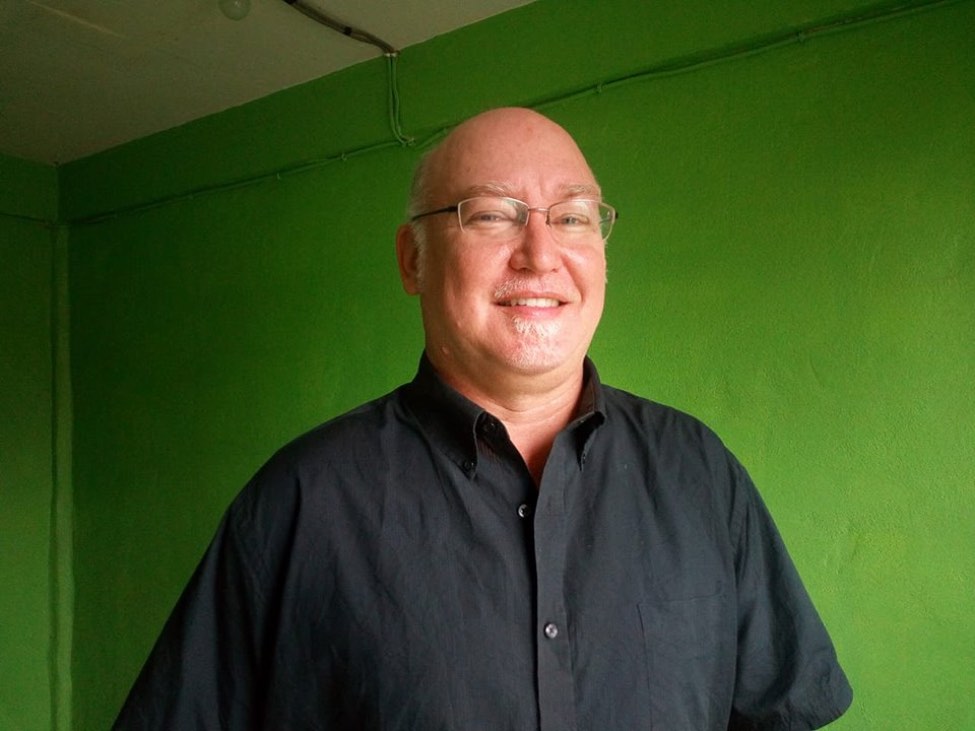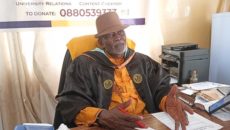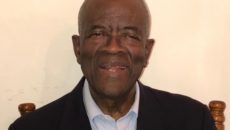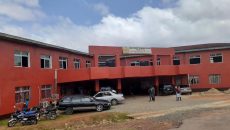SUAKOKO, Bong – An ongoing financial crisis has continued to afflict Cuttington University administrators. Two former presidents – Henrique Tokpa who served as president from 2002-2015, and interim president, Evelyn Kandakai (2015-2016) – acknowledged that fact during their respective tenures.
When Herman Browne became president of the university in 2016, the crisis proved too overwhelming for the university. Faculty members staged a strike in demand of timely payment of salaries in May 2018 and students subsequently embarked on protests in solidarity with the faculty for better conditions on the campus.
Cuttington has two main sources of income: tuition and fees from students and budgetary allotment from the government. But a professor of history at the university, Timothy Nevin, says the university needs to expand its sources of funding beyond the two to ensure financial sustainability.
He wants the university to begin to invest so that proceeds from the investments can be used to address some of the financial needs of the institution.
“A university that has been around for over a hundred years – they are supposed to have an endowment, which is a major investment that earns interest. And you use the interest on the endowment to cover your operational costs,†Nevin explained to The Bush Chicken in an interview on the college’s campus.
He said most universities around the world do not rely on tuition to pay operational costs; rather, they use interests from their endowments to operate. He said a university that relies on tuition always faces financial challenges when students’ enrollment drops.
“That is the unfortunate situation that we are finding ourselves in here at Cuttington; they are using tuition to cover salary and operational cost, which is not viable,†Nevin said.
Nevin, who was still expecting his salary for May 2018 as of June 18, 2018, is also calling for contributions from alumni of the university in Liberia and elsewhere in the world to the school.
A few months ago, Evelyn Kandakai, an alumna and former president of Cuttington, stressed the need for alumni to double their efforts in helping the institution.
“We have outstanding people, so they can certainly do more. I think the alumni have to come in and help,†Kandakai said.
However, unlike other universities worldwide that frequently engage their alumni base and maintain an accurate and updated contacts database, the vast majority of Cuttington grads do not hear from the school once they graduate.
The president of the alumni association, Charles Allen, said the organization started working with the Herman Browne administration on maintaining an active and constantly updated database to reach alumni more easily.
“There is a database, but I don’t know if it has [been] updated as we would like it to be, considering that there are gaps in the listings,†Allen said. Allen said the alumni association has always made contributions to Cuttington from its “meager resources.â€
However, Allen said he does not believe the school’s current troubles relate solely to finances. “The situation at the school is much more than financial; it is institutional; there are a lot more issues there, finance is just the symptom,†he said.
However, Allen said this is not the first time someone has suggested creating an endowment fund for Cuttington; the challenge has always been in raising the funds.
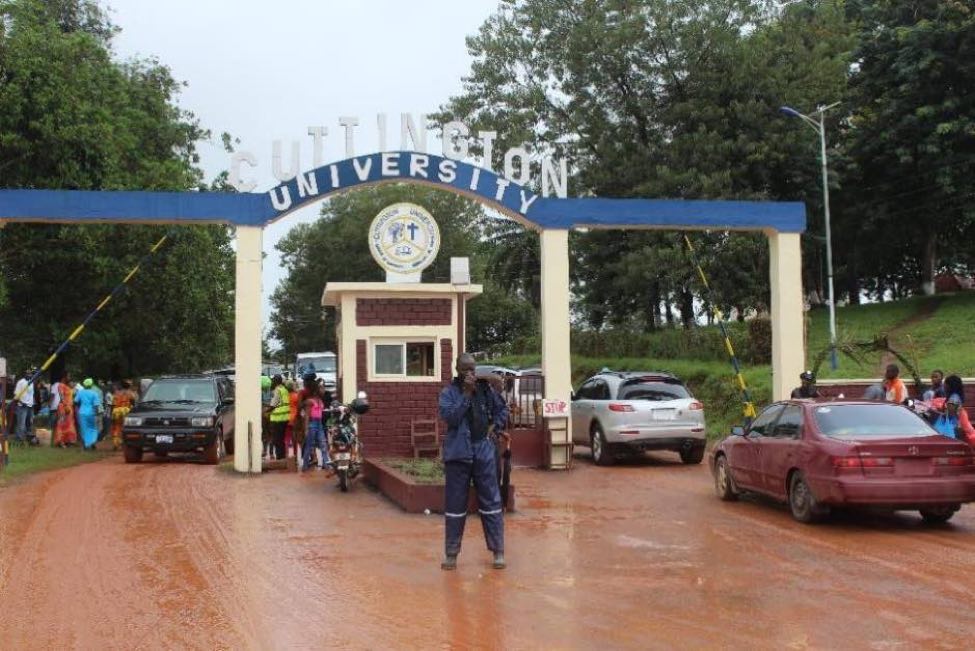
Cuttington University’s main entrance in 2015. Photo: Jefferson Krua.
Kandakai, the former president, said she appreciated the efforts of past and present governments for assisting the private university financially but appealed for more contribution from government.
“The government must continue to assist Cuttington; there is no way Cuttington can be left on its own. If you want high standards of education, which Cuttington stands for, you have to help Cuttington,†the 1970 graduate noted.
The 2018/2019 draft national budget contained US$347,780 allocated for the university, compared to US$580, 000 in the 2017/2018 national budget. The university’s annual operational cost is US$5.7 million, according to the school’s comptroller, Kelfa Jembell.
Featured photo by Moses Bailey
